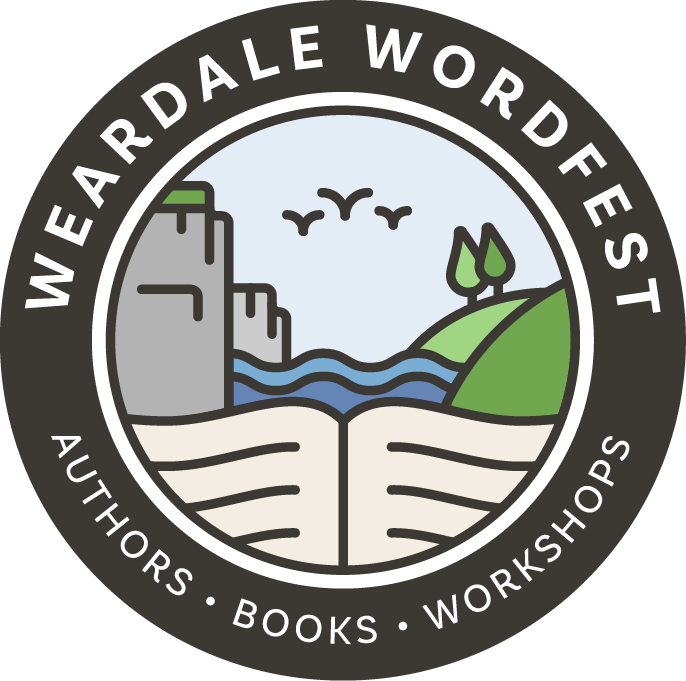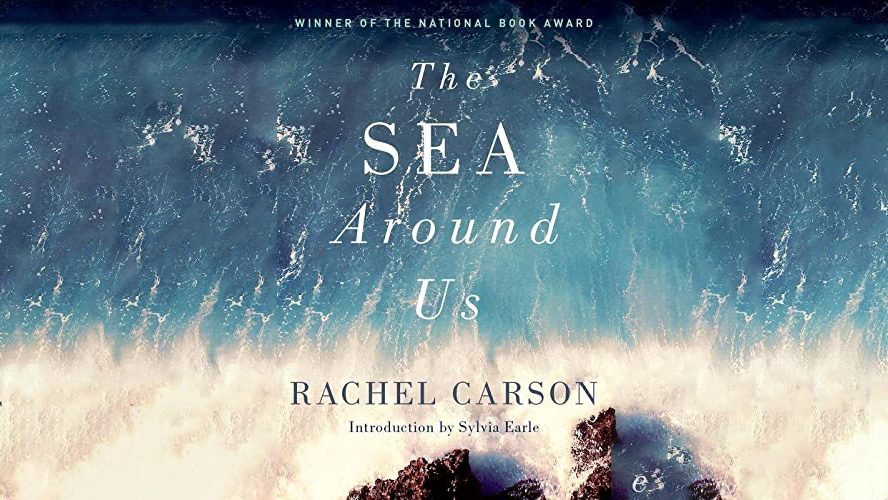As part of our Life in Books series, we are delighted to welcome, Wordfest team member and poet Jamie Tucknett, also a member of North Pens writing group, to share with us eight books that have left a lasting impression on him in his life..
Jamie’s first book Poetry as Prozac was published recently
Jamie writes:
Remember when Kindles first came on the scene? How the doom-mongers said it was the death knell for books? It didn’t happen then, and hopefully it never will. Certainly not in my lifetime anyway. There is something almost magical about holding a book in your hand, the more dog-eared and well- thumbed the better. They can lift you when you’re down, take you all around the world (and beyond) without leaving the sofa, make you laugh, cry, think. And they fare (marginally) better than a Kindle if you fall asleep while reading them in the bath.
I’ve been a voracious reader all my life and so it is impossible to pick my eight favourite books to make this list. Instead I tried to pick a variety, all of which I’d highly recommend if you haven’t already read them.
1984– George Orwell
You know I said it was impossible to pick my eight favourite books? Well, it is. But this one is my all-time favourite novel by my all time favourite author, it would’ve been the other seven on the list I struggled to narrow it down to. ‘1984’, and many phrases it spawned, have become almost synonymous with oppression of the individual and the misuse of power. For example the meanings of Orwellian, Big Brother and Room 101 are widely understood. And if you’re one of those who hasn’t read it, you could do a lot worse than pick up a copy.
Maus – Art Spiegelman
Graphic novels combine my two loves of art and writing, so I felt compelled to include one in the list. ‘Watchmen’, ‘Battle Royale’ and ‘Alice in Sunderland’ could all have been here but I opted for ‘Maus’. Primarily this is due to the brave and brilliant decision Spiegelman made to add humour to the retelling of his parents’ story of surviving the Holocaust by showing the Jews as mice and the Nazi guards as cats.
The Sea Around Us – Rachel Carson
An incredible writer and an incredible environmentalist, Rachel Carson, who wrote this is 1950, was years head of her time in pinpointing the devastating problems humankind was wreaking upon the planet. This, along with her ‘Silent Spring’, is as pertinent today as it was when written over 70 years ago. In ‘The Sea Around Us’ Carson warned how human-driven climate change and the using of the oceans as a toxic dumping ground were all short-sighted plans that would need to be addressed before too long. Obviously we now know that the time is nigh.
Fahrenheit 451 – Ray Bradbury
As a young sci-fi fan and book lover, this ticked all of the boxes as a great story and still does to this day. Living in a not-too- distant, dystopian future where books are banned, Guy Montag is a fireman. That is, his job is to seek out and burn these illegal books while ensuring that those hoarding them are imprisoned. He never questions his role nor the orders he has to follow until he learns of a time when people didn’t live in fear and books were essential to study and educate. He then starts to collect books himself leading to an inevitable showdown.
On the Road – Jack Kerouac
Another favourite of mine from back in my teenage years, Kerouac was one of the prime movers in the Beat Generation of 50s and 60s America and wrote in a style he called ‘spontaneous prose’. He typed out for hours on end on huge lengths of paper during his drug and alcohol fuelled road trips back and forth across the underbelly of America in what he described as ‘the ragged and ecstatic joy of pure being’.
Underground Railroad – Colson Whitehead
A hugely powerful novel telling the story of Cora, an escaped slave from a Georgia plantation, and her journey towards the North and freedom. It is gut-wrenching and heart-breaking with occasional delicate touches of humanity. I certainly hope it becomes essential reading on the school syllabus (if it hasn’t already) just to remind people that it all actually happened, and not so very long ago.
The Ragged Trousered Philanthropists – Robert Tressell
I can’t remember how old I was when I read this for the first time, but I distinctly recall being absolutely blown away by it and telling all of my school-friends that they had to read it. Tressell based his characters, a group of painters and decorators in 1906, upon people and events he encountered in his everyday life, for housepainting was his trade. One of the men, Owen, has visions and ideas of a just society free from the greed and exploitation of the capitalist system. Slowly he begins to rouse the other men from their slumber. Sadly, Tressell didn’t live long enough to see this, his only novel, published. He died, aged only 40, from TB in 1911. Blindfold and Alone – Cathryn Corns and John Hughes- Williams
In the absolute cauldron of madness that was World War One, over 300 British soldiers were executed by firing squads of their own comrades. The vast majority were for desertion and the men labelled as cowards. This book, painstakingly researched, places the executions in the military, social and especially medical context. Psychiatry was virtually unheard of and many of the men shot as ‘cowards’ would nowadays be diagnoses with PTSD due to the industrial scale carnage of trench warfare.

